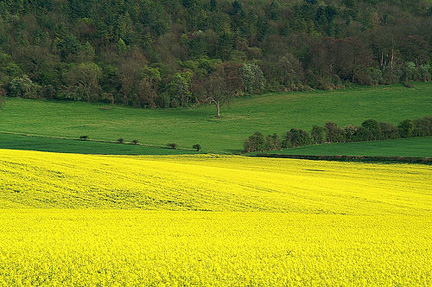Chipping Campden, Carversville and an American Cry for Help
/
Note from Anne: I wrote this reverie in May, 2008, when Anne of Carversville was still a baby not quite sure what she would be when she grew up.
Writing now about Kate Moss photographed wearing no makeup at her house in the Cotswolds and her friend Stella McCartney last week, at her Cotswolds house nearby, I went searching for this piece that I wrote about Fleecydale Road in Bucks County and my first trip to England.
Some of my worst concerns have come true regarding the global economy and America’s in particular. Yes, we may recover but we are now essentially a two-class society of rich and moderately well-off people and poor ones. Our middle class is gone and we are all learning to make do.
The British are experts at ‘making do’, recycling and a host of progressive sustainability intiatives that keep them close to the land. I do believe they — like the French — have something to teach us about the next chapter of American life.
Yes, the luxury market is back in full swing. The bonuses on Wall Street will set all-time records, according to press reports. But that’s only one part of our American story. These reflections are for the rest of us.
Originally written on May 8, 2008
Each time I drive down Carversville’s Fleecydale Road, I think of Chipping Campden, in the English Cotswolds. I speak often of my sailing trip to Ithaca, in the Ionian Sea. In fact, on that same May trip, I spent a week in England, touring the English Countryside.
My attachment to Carversville is surely inspired by my memories of the English landscape and an entire week when not one drop of rain fell on my head. Decades later, I can vividly recall my English experience, enhanced now by Helen Mirren’s fantastic portayal of Elizabeth II in “The Queen”.
Flowers and nature are a long-time passion of mine, and I marvelled at the sight of so many beautiful gardens in a single ride through the English countryside. Roaming through Oxfordshire, Worcestershire and Warwickshire, I was mesmerized by fields of vibrant rape, captured here by Flickr photographer algo:
Today, I read that an estimated 600,000 hectares of land are covered in rape, with production expected to top two million tons this year.

